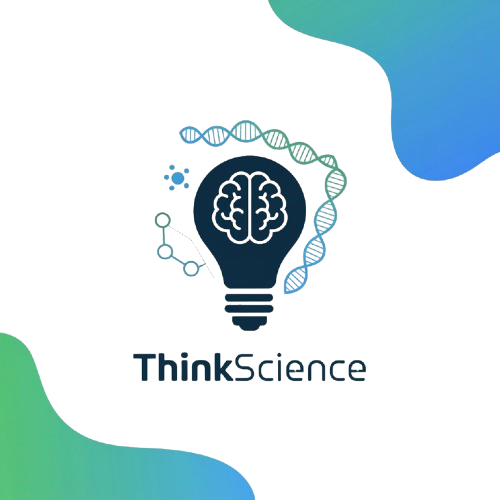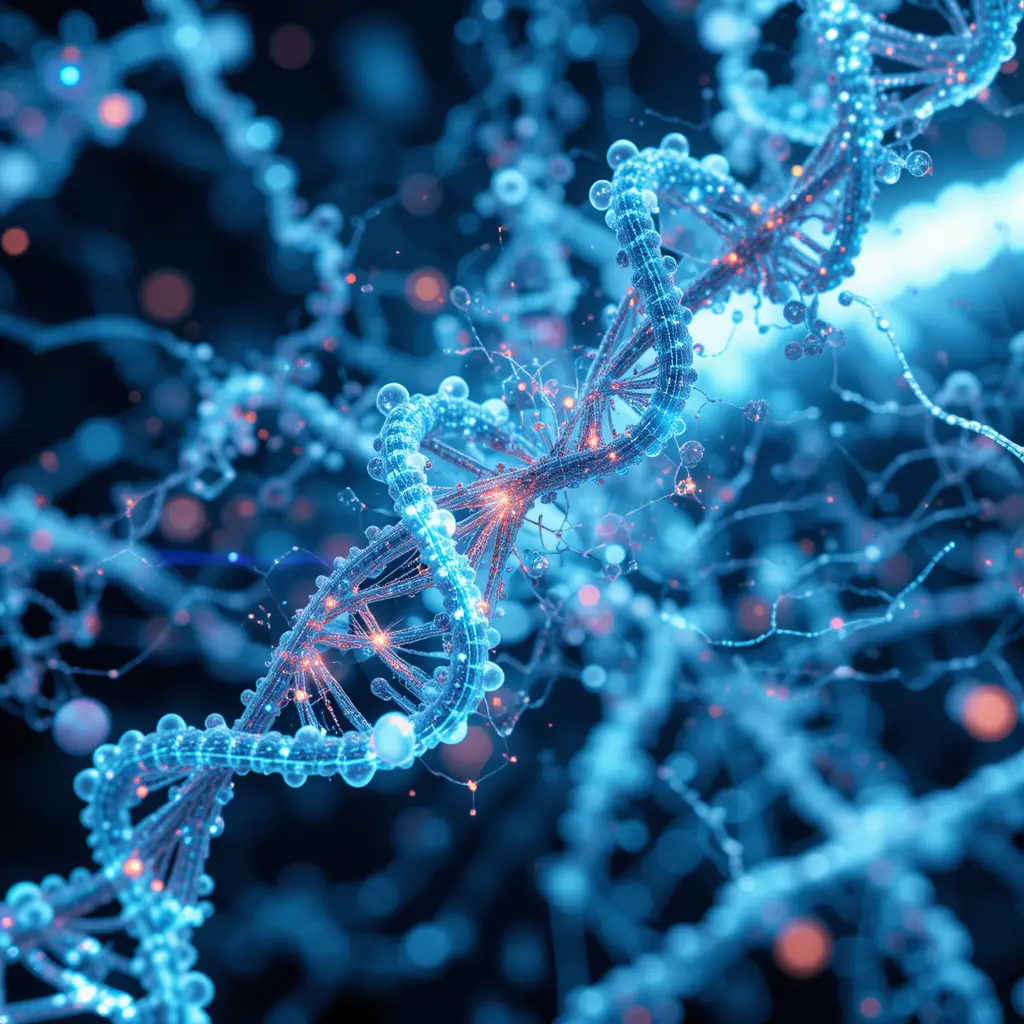Water scarcity is a pressing issue that affects millions worldwide, prompting the question: how can science offer solutions today? As populations grow and climate change intensifies, the demand for fresh water increases. Scientists are exploring innovative methods to address this challenge. From advanced desalination techniques to efficient water recycling systems, science plays a crucial role in ensuring sustainable water access. This article delves into the scientific advancements that hold the potential to alleviate global water shortages, offering hope for a more secure future.
The Current State of Global Water Shortages
Water is essential for life, yet many regions face severe global water shortages. This issue affects millions, leading to health crises and economic challenges. As a Water Resource Management Expert, I often reflect on how science can help solve global water shortages. It’s a complex problem, but solutions are within reach.
Understanding the Crisis
In my travels, I’ve seen firsthand the impact of water scarcity. In some areas, people walk miles daily to fetch water. This isn’t just a statistic; it’s a reality for many. The reasons for these global water shortages are varied. Climate change, population growth, and poor infrastructure all play a role. For instance, in parts of Africa, prolonged droughts have devastated communities. It’s heartbreaking to witness, but it also fuels my passion for finding solutions.
Science as a Beacon of Hope
Science offers innovative ways to address these challenges. Desalination, for example, turns seawater into drinkable water. It’s a game-changer for coastal regions. Another promising area is water recycling. By treating wastewater, we can reuse it for agriculture and industry. These methods show how science can help solve global water shortages. However, technology alone isn’t enough. We need policies that support sustainable water management. Education is also crucial. People must understand the value of water and how to conserve it.
Innovative Scientific Solutions for Water Conservation
Water scarcity is a pressing issue that affects millions worldwide. As a Water Resource Management Expert, I often ponder, “How Can Science Help Solve Global Water Shortages?” The answer lies in innovative scientific solutions that focus on water conservation. These solutions not only aim to preserve our existing resources but also to create sustainable methods for future generations.
Advanced Irrigation Techniques
One of the most effective scientific solutions is the development of advanced irrigation techniques. For instance, drip irrigation systems deliver water directly to the plant roots, minimizing waste. I remember visiting a farm where this method reduced water usage by 50%. It’s fascinating how such a simple change can make a significant impact. This approach not only conserves water but also enhances crop yield, proving beneficial for both farmers and the environment.
Desalination and Water Recycling
Desalination and water recycling are other promising avenues. Desalination transforms seawater into drinkable water, offering a solution for coastal areas. Meanwhile, water recycling involves treating wastewater for reuse. I once toured a facility that recycled water for industrial use, significantly reducing freshwater demand. These methods highlight how science can creatively address water shortages, ensuring a more sustainable future.
In my opinion, embracing these scientific solutions is crucial. By prioritizing water conservation, we can tackle the global water crisis effectively. It’s not just about technology; it’s about changing our mindset towards resource management. Together, we can make a difference.
The Role of Technology in Water Management
Water scarcity is a pressing issue that affects millions worldwide. As a Water Resource Management Expert, I often ponder how technology can play a pivotal role in addressing this challenge. The integration of advanced tools and systems in water management is not just a possibility; it’s a necessity. But how can science help solve global water shortages today? Let’s explore.
Smart Irrigation Systems
Imagine a farmer in a drought-prone area. Traditional irrigation methods often lead to water wastage. However, with smart irrigation systems, water usage is optimized. These systems use sensors to determine soil moisture levels, ensuring that crops receive just the right amount of water. This not only conserves water but also boosts crop yield. In my experience, farmers who adopt this technology in water management see significant improvements in both water conservation and productivity.
Desalination and Water Recycling
Desalination is another technological marvel. It transforms seawater into drinkable water. While it requires energy, advancements are making it more efficient. I recall visiting a coastal city where desalination provided a reliable water source, even during dry spells. Additionally, water recycling is gaining traction. By treating wastewater, we can reuse it for agriculture and industry. This reduces the strain on freshwater resources. In my opinion, these technologies are crucial in the quest to solve global water shortages.
Collaborative Efforts and Policy Making
Addressing global water shortages is a complex challenge that requires more than just scientific innovation. It demands collaborative efforts and effective policy making. As a Water Resource Management Expert, I have seen firsthand how partnerships and policies can drive meaningful change.
The Power of Collaboration
Imagine a community garden. Each person brings their own seeds, tools, and knowledge. Together, they create a thriving ecosystem. This is similar to how collaborative efforts work in water management. Countries, organizations, and scientists must come together, sharing resources and expertise. For instance, the Nile Basin Initiative is a real-world example where countries along the Nile River collaborate to manage water resources effectively. Such partnerships are crucial in answering the question: How Can Science Help Solve Global Water Shortages?
Policy Making: The Backbone of Change
Policies are like the rules of a game. They set the boundaries and guide actions. In water management, effective policy making ensures that resources are used sustainably and equitably. I recall a project in Southeast Asia where policy changes led to improved irrigation practices, benefiting thousands of farmers. These policies were not just top-down mandates but were developed with input from local communities. This inclusive approach is vital for long-term success.
In my opinion, the key to solving water shortages lies in the synergy between science, collaboration, and policy. When these elements align, we can create solutions that are not only innovative but also practical and sustainable. It’s a journey that requires patience, understanding, and a shared vision for a better future.
Conclusion
As we reach the conclusion of our exploration into How Can Science Help Solve Global Water Shortages?, it’s clear that science plays a pivotal role. From innovative technologies to sustainable practices, the potential solutions are vast and varied. But what does this mean for us on a personal level?
Personal Reflections and Real-World Impacts
In my experience as a Water Resource Management Expert, I’ve seen firsthand how scientific advancements can transform communities. For instance, in a small village I visited, a simple water purification system, developed through scientific research, changed lives. Families who once walked miles for clean water now have it at their doorstep. This is a testament to the power of science in addressing global challenges.
However, it’s not just about technology. It’s about understanding the local context and working with communities to implement solutions that fit their needs. Science provides the tools, but it’s the human element that ensures these tools are used effectively. This blend of science and community engagement is where real change happens.
Looking Forward
As we move forward, it’s crucial to continue supporting scientific research and innovation. But we must also remember the importance of collaboration and empathy. By combining scientific knowledge with a deep understanding of human needs, we can make significant strides in solving global water shortages. In my opinion, this holistic approach is the key to a sustainable future.






